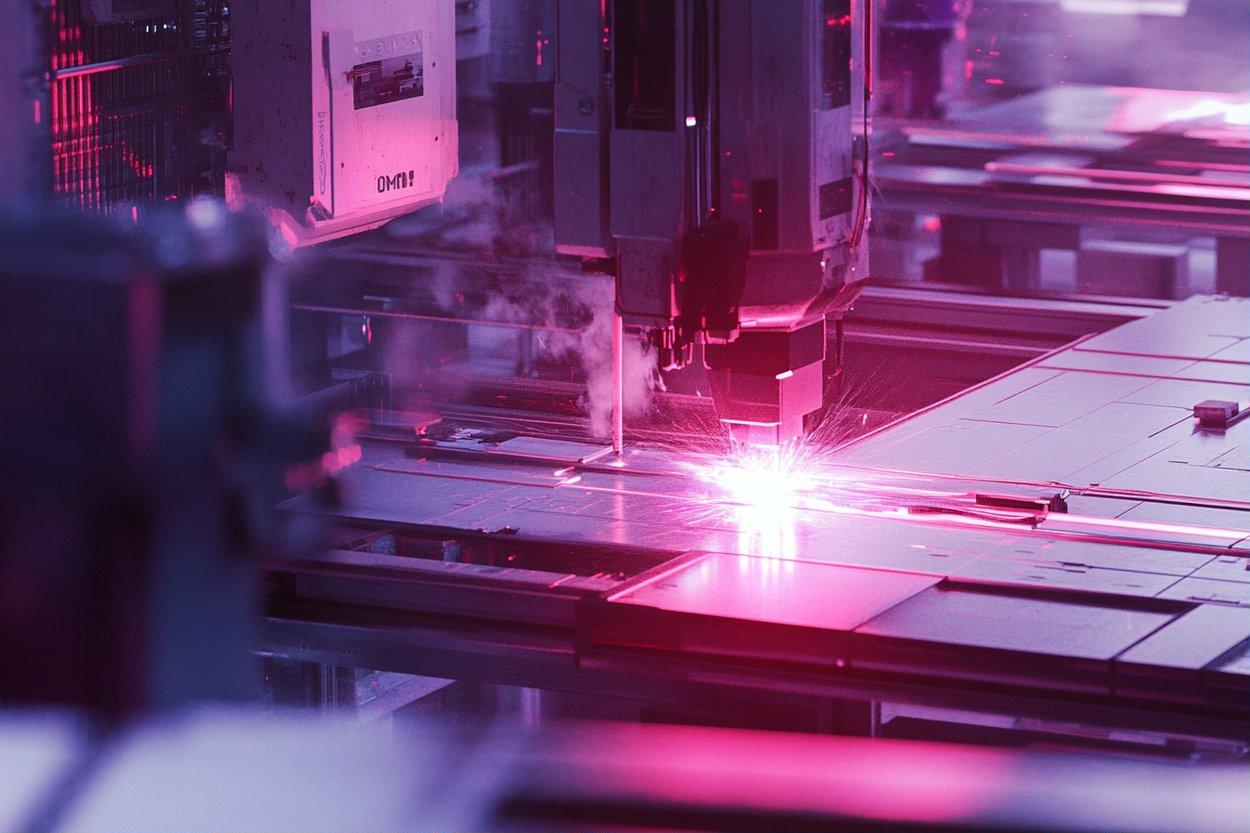"A Generation Defined by Burnout: Exploring its Effects and Remedies"
In the midst of a rapidly changing world, a new societal trend has emerged: burnout. This phenomenon, defined by chronic physical and emotional exhaustion, is shaping an entire generation. It's altering the way we work, live, and navigate our society. Read below to explore the background, implications, and possible solutions to this pressing issue.
The Historical Context of Burnout
The term ‘burnout’ was first coined in the 1970s by psychologist Herbert Freudenberger. Initially, it was used to describe the effects of severe stress and high ideals experienced by those working in ‘helping’ professions, like doctors and nurses. However, it has since expanded to include anyone feeling overwhelmed and unable to meet constant demands.
In the past, burnout was largely associated with work. Today, however, it has permeated every aspect of our lives. With the rise of technology, our work lives have invaded our homes, and the pressure to be constantly available and productive has increased dramatically. This has resulted in a society where burnout is not only common but expected.
The Modern Face of Burnout
In 2019, the World Health Organization included burnout in its International Classification of Diseases, legitimizing the condition globally. According to the organization, burnout is characterized by “feelings of energy depletion or exhaustion; increased mental distance from one’s job, or feelings of negativism or cynicism related to one’s job; and reduced professional efficacy.”
Today’s burnout is a symptom of an always-on digital culture and a capitalist society that values productivity above all else. It affects people from all walks of life and is not limited to any specific age group. However, Millennials and Gen Z are often singled out as the ‘burnout generations’, due to the unique challenges they face in our current societal and economic landscape.
The Societal Impact of Burnout
Burnout has serious implications for both individuals and society. On a personal level, it can lead to mental health issues like depression and anxiety. Physically, it can cause a host of problems, ranging from heart disease to chronic pain.
On a societal level, burnout contributes to decreased productivity, increased medical costs, and a general sense of societal dissatisfaction and unrest. It also plays a role in critical societal issues like workforce turnover, decreased job satisfaction, and even rising suicide rates.
Tackling Burnout: A Call to Action
Addressing burnout requires both personal and systemic changes. Individuals need to recognize and manage their stress levels, cultivate a work-life balance, and prioritize self-care. However, these personal solutions are not enough.
At a systemic level, we need to rethink our approach to work and productivity. This could mean reevaluating our work culture, embracing flexible work schedules, and creating policies that promote mental health. Additionally, there is a need for a significant cultural shift where we challenge the notion that constant busyness equals success.
A Society Reimagined
Burnout is more than just a buzzword—it’s a societal issue that requires immediate attention. By understanding its origins, implications, and potential solutions, we can begin to imagine a society that values wellness over constant productivity. As we move forward, it’s essential that we keep this conversation going, challenging the status quo and advocating for change.





